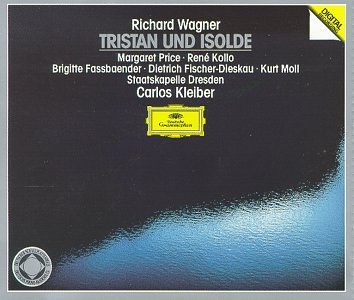Since fear of isolation is the apparent reason why relationships form in the film, it would be necessary to discuss the most isolated character: Annie Hayworth. Annie, in her discussion with Melanie, claims that she moved to Bodega Bay four years ago to be near Mitch. Tensions between Annie and Lydia caused a possible Mitch and Annie union to be destroyed.

Annie claims that Lydia is “not afraid of losing Mitch. She’s afraid of being abandoned.” Yet Annie seems to have the same fear as Lydia herself. She became the town’s schoolteacher, and, as Camille Paglia says, she “lives as a forlorn widow, with her students replacing children of her own.”[8] She still wants to be with Mitch, but she cannot be with him. Robin Wood points out that “the hopelessness of her position is conveyed by one tiny movement—the closing of her eyes as Melanie, talking on the telephone to Mitch, agrees to stay for Cathy’s party.”[9] Annie’s room, where discussion between Melanie and Annie occurs, contains an interesting musical allusion. Paglia claims, Annie “is a romantic at heart, as evidenced by the prominent album of Richard Wagner’s Tristan and Isolde, with its theme of self-immolation through doomed love.”[10]
Read: Tristan and Isolde
In The Birds, the music from the play is not used; instead the album is seen. Perhaps this decision was made in order to focus more on the isolation of Annie and not so much a post-death bond. In other words, by showing this album in the scene where Annie discusses her isolation, the audience can assume (without the music, since silence is best the sound for isolation) that Annie is a doomed character. Basically, the album signifies Annie’s failed relationship and the isolation it causes her. Her death is caused by isolation.
It is interesting to note that the nonstop conversation throughout the Melanie and Annie scene acts as a sort of substitute to what could have been a great scene to incorporate Wagner's music. Annie could have possibly turned on the record player to listen to the album and still conversed with Melanie. However, in a scoreless film dedicated to isolation and silence, the nonstop conversation(much of it discussing Annie's isolation) is the perfect substitute. In otherwords, Hitchcock uses diegetic sound to take the role of a non-diegetic score.
